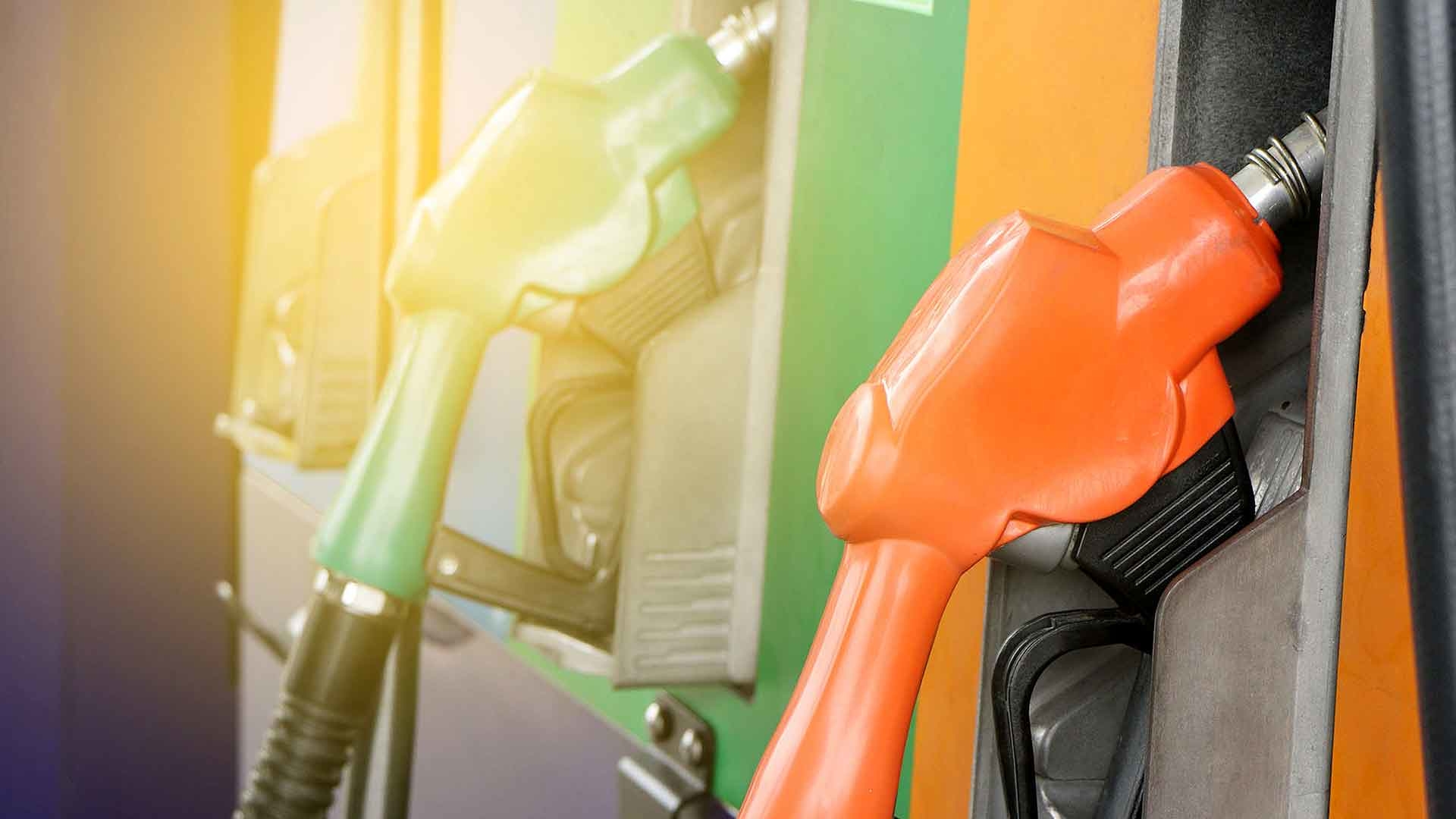
Treasury coffers were hit by a £2.4 billion plunge in fuel duty revenue during the April and May coronavirus lockdown, new figures have revealed.
Diesel fuel duty revenue income fell by the largest amount. It plummeted almost 50 percent to £1.5 billion over the two months.
Last year, the Treasury received more than £2.9 billion in diesel fuel duty during the months of April and May.
Petrol fuel duty income was also down, with May bringing in just £251 million – the lowest figure since 1990.
As a percentage, the fall in petrol duty income was even greater. It dropped 61 percent, from £1.6 billion to £634 million, a fall of almost £1 billion.
Fuel duty is charged at 57.95p for every litre sold. In 2019, the Treasury received a total of £4.5 billion from diesel and petrol sales over this period.
This year, the total is £2.1 billion.
“The financial impact of the coronavirus on the government has clearly been immense,” said RAC head of roads policy Nicholas Lyes.
“The lost revenue on fuel duty is a further blow to the public finances.” He added that although traffic volumes have recovered, they are still 10-15 percent below pre-lockdown levels.
However, Mr Lyes warned Chancellor Rishi Sunak to resist the temptation to increase fuel duty.
“With the country staring down the barrel of one of the sharpest recessions on record, such a move would risk choking any economic recovery at a time when drivers and businesses are struggling the most.”
Mr Lyes added the lockdown fuel duty decline also gives the government an insight into the effect of greater numbers of electric vehicles on the road.
“Treasury officials might want to start thinking about how the government approaches such a scenario, considering fuel duty normally generates around £27 billion a year.”
ALSO READ
Roadworks speed limit raised to 60mph